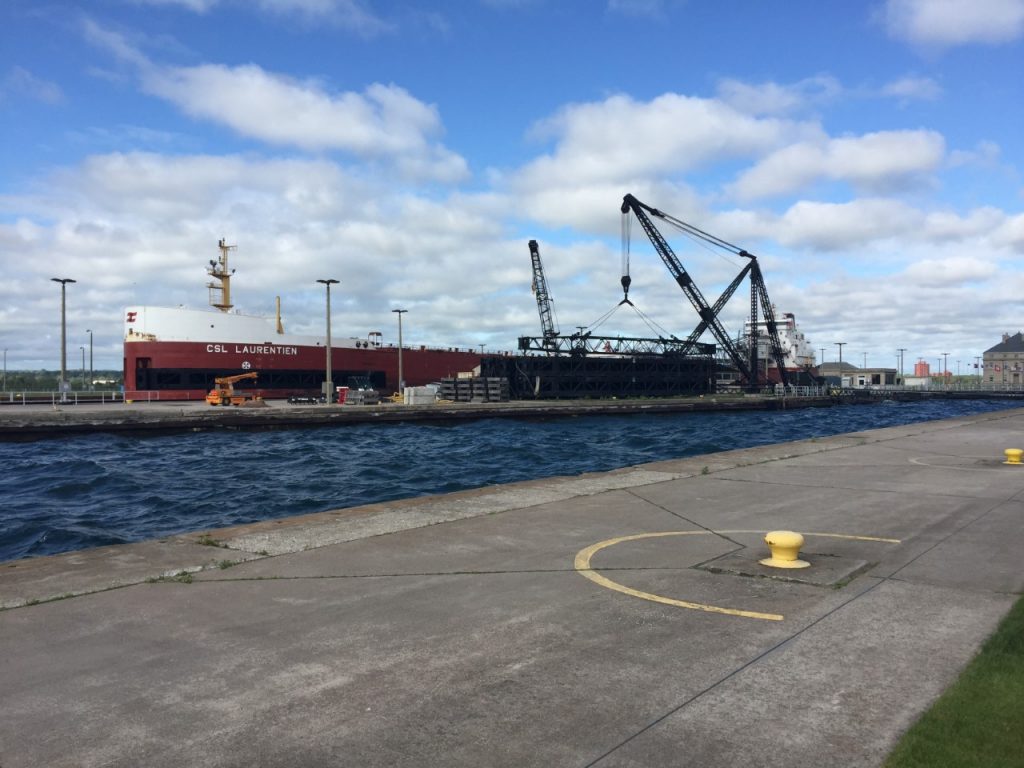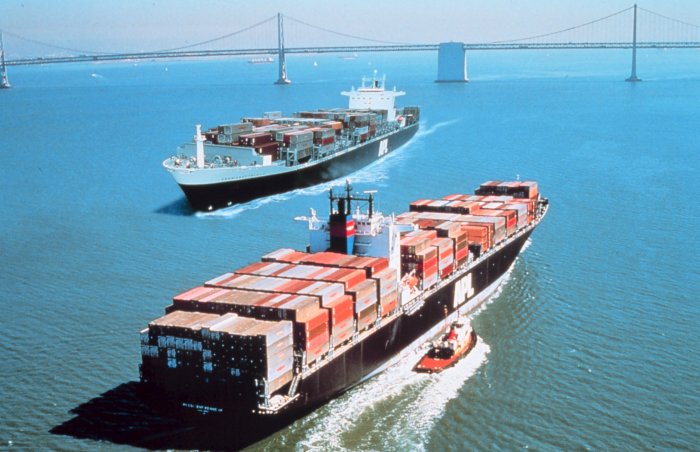Candidates Tap Into Anger, Fear Over Trade Policy In The Presidential Election
Two economists with opposing views on TPP talk trade and jobs.

The presidential cycle this year has been unique in how little of the debate is focused on real policy issues. It seems nuance is not what candidates believe will inspire voters to cast a ballot for them in November.
But one interesting exception has been international trade policy and how it affects American jobs. It’s the most we’ve talked about the long-term effects of NAFTA in many years. And it’s put a spotlight on the Trans-Pacific Partnership (TPP) and what that would mean for our economy and jobs.
Both major candidates have come out against the TPP. But economists are more divided.
What’s the right approach? Is it the isolationism and protectionism espoused by Donald Trump and his supporters? Is it about re-negotiating our existing trade agreements as Hillary Clinton has suggested? Or is it knocking down all barriers to the free flow of goods and money across borders?
Two economists with opposing views of the TPP and other trade policies join Detroit Today to weigh in on the issue.
Dean Baker, co-director for the Center for Economic and Policy Research, argues we already largely have free trade at this point with tariffs very close to zero. He’s very critical of the TPP and other trade deals.
“What I see of TPP is really not at all about free trade,” says Baker. “It’s overwhelmingly about putting in place a business-friendly structure of regulation. And then, on top of that… stronger and longer patent and copyright protections. I mean, that’s great for Bill Gates, it’s great for Pfizer, it’s great for the entertainment industry. But for the rest of us, it means higher prices. And that’s 180 degrees at odds with free trade.”
Dan Ikenson, director of trade policy studies at the Cato Institute, sees things differently.
“There is a narrative out there that over-simplifies things,” says Ikenson. “It views trade as an us-versus-them proposition; Team USA against Team Mexico or Team China, where exports are our points and imports are the foreign team’s points and the trade account is the scoreboard, and we have a deficit, so we’re losing at trade. And, of course, we’re losing because the foreign team cheats. That’s the predominant narrative.”
“It’s not a team sport,” he says. “It’s a win-win proposition.”
To hear the full conversation, click on the audio player above.

